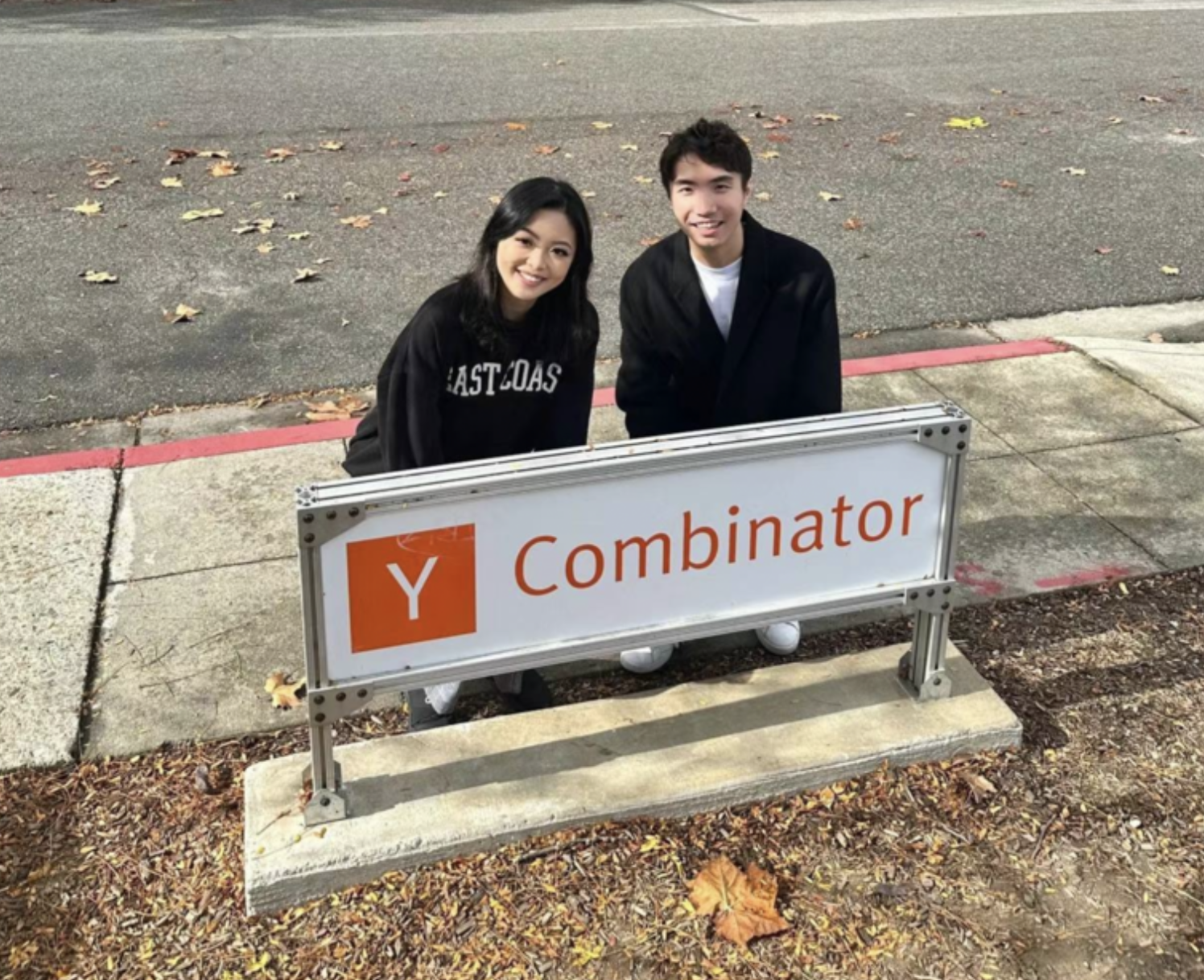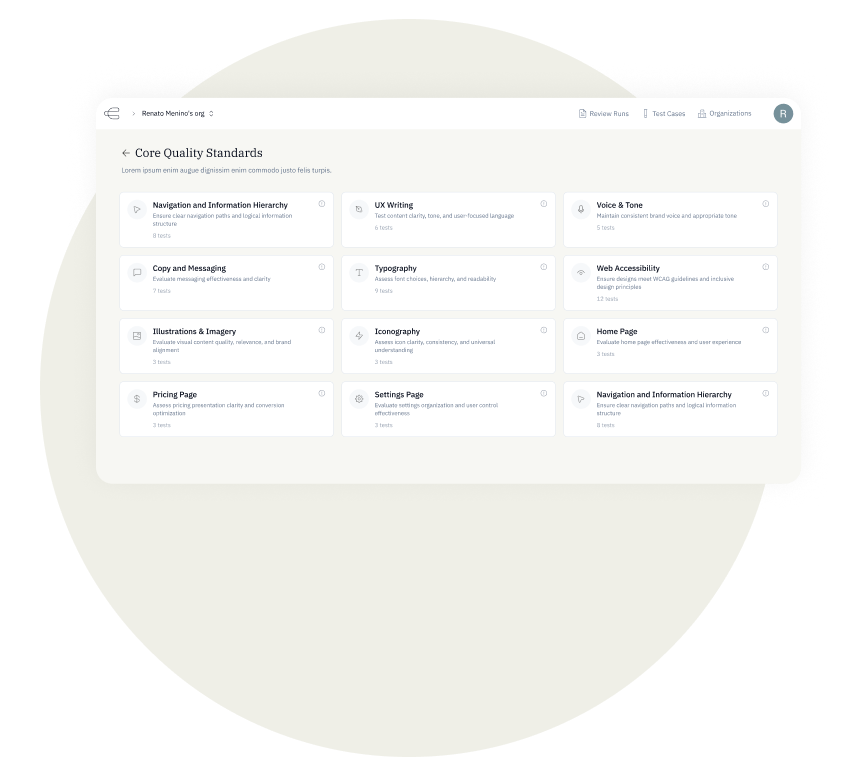In today's global business landscape, companies increasingly need efficient solutions for managing international teams.
Deel stands out as a comprehensive global HR platform designed for businesses managing international teams across multiple countries. The platform offers extensive services spanning 150+ countries through its network of owned entities, setting a new standard in the global workforce management industry. Deel's all-in-one approach combines contractor management, employer of record services, global payroll, and PEO solutions to streamline operations for companies of all sizes.
What Makes Deel Different From Competitors?
Deel has positioned itself as a leader in the global HR space by offering a truly comprehensive solution that eliminates the need for multiple tools or vendors. The platform handles everything from hiring and onboarding to payroll processing and compliance management across 150+ countries, making it particularly valuable for rapidly growing international businesses. Deel's infrastructure includes 150+ entities, 110+ integrations, and 15+ payment methods, creating a robust ecosystem for global workforce management.
Advanced features distinguish Deel from many competitors, including customizable settings for onboarding, payroll, contract changes, and permissions. The platform offers additional value through background checks, equipment management in 130+ countries, and WeWork passes for remote employees. Financial flexibility represents another key advantage, with Deel providing earned wage access for employees and advance payments for contractors-options that many competing platforms don't match.
Customer Support Excellence
Deel's customer support model represents a significant differentiator in the global HR market. Unlike competitors who often rely on external partners, Deel maintains a 100% in-house support team distributed across 49 countries. This approach gives Deel complete control over support quality, training, and consistency across all locations.
The platform offers truly comprehensive support options that exceed industry standards:
- Multi-channel accessibility: 24/7 in-app chat, email, WhatsApp, phone, video calls, and Slack for enterprise clients
- Specialized expertise: In-country HR experience teams for EOR employees
- AI-powered assistance: Instant global HR and compliance insights for 150+ countries
This robust support infrastructure has helped Deel maintain an impressive 90%+ customer satisfaction score for over 16 months[4]. For businesses with teams spanning multiple time zones, having reliable, responsive support can dramatically improve HR operations and employee satisfaction. Customer testimonials consistently highlight Deel's support as a major advantage, with clients specifically praising the platform's user-friendly interface and exceptional service quality.
How Does Deel's Global Coverage Compare?
Global coverage represents one of the most significant differentiators when evaluating Deel against competitors. Deel claims the most extensive owned-entity network in the industry, with direct operations in 150+ countries. This approach contrasts sharply with competitors who often rely on third-party partners for entity setup or operations in certain regions.
Deel's owned-entity model provides several key advantages for businesses managing international teams. Direct ownership enables more consistent service quality and compliance management across all regions, eliminating the variability that comes with different local vendors. The model also creates fewer communication touchpoints, resulting in faster issue resolution and more responsive service when problems arise.
Infrastructure Advantages
Deel's global infrastructure includes 50+ directly owned payroll engines, providing greater control over the payroll process compared to competitors who outsource portions of their operations. This ownership structure allows Deel to maintain uniform standards across all markets while ensuring direct support for clients in every country where they operate.
The platform's comprehensive infrastructure includes several standout elements:
- In-house immigration services: Coverage in 50+ countries including major markets like the US, Canada, and UAE
- Global compliance network: 200+ legal experts providing ongoing regulatory guidance
- Treasury services: Direct operations in 70+ countries with Payroll Connect capabilities
- Equipment management: Automated IT operations and logistics in 130+ countries
For businesses planning to hire across multiple international markets, Deel's extensive global coverage provides significant advantages in consistency, compliance management, and operational efficiency compared to platforms with more limited geographic reach[6].
Deel vs Rippling: Which Platform Offers More?
Rippling represents one of Deel's most direct competitors in the global HR space, with both platforms offering comprehensive solutions for managing international workforces. While Deel focuses on global-first HR with extensive international coverage, Rippling emphasizes its integrated platform that unifies HR, IT, and finance functions.
Support approaches reveal significant differences between these competitors. Deel offers 24/7 in-house support across multiple channels, extending to all employees and contractors. Rippling's support options appear more limited, with support typically restricted to administrators rather than being available to all employees. This distinction can significantly impact user experience, particularly for distributed teams working across multiple time zones.
Coverage and Compliance Differences
Global coverage represents a major differentiator between these platforms. Deel claims superior reach with in-house operated EOR and Global Payroll services in 150+ countries compared to Rippling's smaller footprint of fewer than 30 countries[6]. This difference becomes particularly important for businesses with truly global operations or plans for significant international expansion.
Compliance capabilities also differ substantially between the platforms:
- Deel's compliance features: Worker classification assessment for each new hire, locally compliant employment agreement templates for 150+ countries, and a Compliance Hub that automatically alerts customers to new regulations
- Rippling's approach: More limited global compliance tools with fewer automated features for international operations
- Cost structure: Deel offers its HR platform for free, while Rippling charges $8 per employee per month for similar functionality
According to G2 ratings cited by Deel, customers rate Deel higher than Rippling on factors like ease of setup, platform compliance administration, and invoicing tools[6]. These differences can create significant cost and functionality variations, particularly for larger organizations managing hundreds or thousands of employees across multiple countries.
Deel vs Gusto: US Focus vs Global Capabilities
Gusto and Deel target somewhat different segments of the HR market, with distinct strengths and limitations. Gusto has traditionally focused on US-based businesses with more limited international features, while Deel emphasizes its global capabilities with coverage in 150+ countries. This fundamental difference shapes the value proposition of each platform for different types of businesses.
Deel positions itself as a comprehensive solution for businesses with international workforces, highlighting its Global HRIS, payroll, and hiring capabilities across 150+ countries. Gusto requires external tools to manage HR and payroll in most international markets, creating potential complexity for businesses with significant operations outside the US. This distinction becomes increasingly important as companies expand globally.
Infrastructure and Payment Flexibility
Infrastructure differences between these platforms are substantial and impact their suitability for different business needs. Deel maintains owned entities in 150+ countries for EOR and Global Payroll, with in-house operated payroll for all countries where they provide services. Gusto's infrastructure is more limited, particularly for international operations.
Payment flexibility represents another key differentiator between these platforms:
- Deel's payment options: 15+ withdrawal options for contractors including PayPal, Payoneer, Wise, Coinbase, and a global debit card
- Currency support: Payments in 120+ currencies including cryptocurrency options
- Compliance tools: Localized contracts and compliance document collection continuously reviewed by local experts
- Misclassification prevention: Solutions like AOR services to prevent contractor misclassification issues
According to Deel's comparison, their HR platform is free, while Gusto charges $6-$12 per employee per month plus a $40-$80 monthly flat fee[4]. For businesses with significant international operations, these differences in global coverage, payment flexibility, and pricing structure substantially impact the total value proposition of each platform.
Why Owned Entities Matter in Global HR
The distinction between HR platforms with owned entities versus those using in-country partners represents a fundamental difference in business models. Deel emphasizes its owned-entity approach as providing several advantages over the aggregator model used by some competitors. This structural difference affects everything from service quality to compliance management and cost structure.
With directly owned entities, Deel claims customers benefit from fewer touchpoints in communication and faster issue resolution. This direct access to the provider often translates to better and more consistent employee experiences across locations, as service quality doesn't depend on varying local vendors and their business practices. The owned-entity model also provides greater control over data security and compliance management.
Cost and Compliance Implications
The cost structure of global HR platforms varies significantly between providers like Deel that own their entities and aggregators that partner with local providers. When providers own entities in target countries, they typically charge less because they manage processes in-house without third-party fees. Aggregator models often result in higher service costs since in-country providers charge their own fees, creating additional expenses that get passed to customers.
The owned-entity approach offers several specific advantages:
- Streamlined communication: Fewer touchpoints mean faster issue resolution
- Consistent experience: Uniform service quality across all locations
- Enhanced data security: Sensitive employee information isn't shared with third parties
- Greater customization: More flexibility in HR policies and processes
- Stronger compliance: Better understanding of local laws and regulatory changes
For companies prioritizing consistency, compliance, and customization in their global HR operations, these distinctions between owned-entity and aggregator models represent important considerations when evaluating Deel against competitors.
How Deel's Automation Capabilities Stand Out
Deel emphasizes its automation capabilities as a key differentiator from competitors in the global HR space. The platform offers fully customizable settings for various HR processes, enabling businesses to tailor workflows to their specific needs and operational requirements. This flexibility helps companies maintain consistent processes while reducing administrative overhead.
A notable advantage is Deel's payroll cutoff date (the 20th of the month), which provides more flexibility than competitors whose cutoff dates typically fall between the 4th and 10th. This extended timeframe gives companies more time to make adjustments before processing payroll, potentially reducing errors and administrative burden. For businesses managing complex international payrolls, this additional time can prove invaluable.
Reporting and Integration Features
Advanced customizable reporting represents another automation strength that sets Deel apart from many competitors. The platform allows companies to generate detailed reports across numerous dimensions:
- Financial metrics: Comprehensive payroll reporting across all countries
- Organizational insights: Headcount growth and distribution analytics
- Employee experience: Diversity and inclusion metrics and PTO usage tracking
- Compliance monitoring: Automated compliance checks and reporting
Deel offers numerous integrations (68+) and Payroll Connect, facilitating smooth data flow between various business systems. Their payroll variance feature helps identify, provide context, and communicate reasons for pay changes every month, enhancing transparency for both employers and employees. These automation capabilities can significantly reduce the manual workload for HR teams managing global workforces.
What Customers Say About Deel
According to G2 reviews and ratings cited by Deel, the platform has received recognition as a leader in multiple global categories. Deel claims the #1 position in several areas, including Contractor Management Software, Enterprise Multi-Country Payroll Software, and Employer of Record Software. These accolades suggest strong customer satisfaction and market recognition relative to competitors.
Deel highlights impressive customer service metrics that demonstrate their commitment to responsive support. The company claims 91% of customer issues are resolved at first contact with live chat, with most EOR and contractor issues resolved within 6 minutes. This speed of resolution represents a significant advantage for businesses managing time-sensitive HR operations across multiple time zones.
Customer Testimonials and Recognition
Customer testimonials featured by Deel emphasize several strengths compared to competitors in the global HR space. These firsthand accounts provide valuable insights into the platform's real-world performance:
- Lindsay Ross, CHRO at Bitpanda: Describes Deel as "hands-down the most compatible all-in-one solution for modern organizations"
- William Dagiantis, CEO at Cloudasta: Cites Deel's user-friendly platform, exceptional customer service, and robust compliance as standout features
- Helen Keegan, Together for Girls: Contrasts Deel with a previous EOR provider where "responses from client support would take days"
While these testimonials are selectively presented by Deel, they suggest areas where the platform potentially outperforms competitors in customer experience[4]. The emphasis on support speed, compliance capabilities, and platform usability appears consistently in customer feedback, indicating these may represent genuine strengths of the Deel platform.
Find Your Ideal Global HR Solution Today
Choosing the right global HR platform requires careful consideration of your business's specific needs, growth plans, and international footprint. Deel's extensive coverage in 150+ countries with owned entities provides significant advantages for companies with broad international operations or ambitious global expansion plans. The platform's comprehensive approach eliminates the need for multiple tools or vendors, streamlining global workforce management through a single integrated system.
Support requirements should factor heavily into your decision process, particularly if your team spans multiple time zones. Deel's 24/7 in-house support across multiple channels may provide advantages over competitors with more limited service hours or outsourced support teams. The platform's AI assistant offers instant global HR and compliance insights for 150+ countries, providing quick answers to routine questions without waiting for human support.
Making Your Final Decision
When evaluating Deel against competitors like Rippling, Remote, Gusto, and others, focus on aligning platform strengths with your specific business requirements. Consider these key factors to guide your decision:
- Assess your geographic coverage needs and match them to each platform's capabilities
- Evaluate support models based on your team's time zones and communication preferences
- Compare payment flexibility options, especially if you work with international contractors
- Analyze compliance features based on your risk tolerance and regulatory environment
- Calculate the total cost of ownership across all needed services, not just monthly fees
The right platform will ultimately depend on your unique business context, including team size, geographic distribution, growth plans, and operational requirements. Deel's comprehensive global coverage, owned-entity model, and extensive support options make it particularly well-suited for businesses with truly international operations or ambitious global expansion plans. Take time to thoroughly evaluate each platform against your specific needs to find the solution that will best support your global workforce management goals.
Simplify Startup Finances Today
Take the stress out of bookkeeping, taxes, and tax credits with Fondo’s all-in-one accounting platform built for startups. Start saving time and money with our expert-backed solutions.
Get Started









.png)









